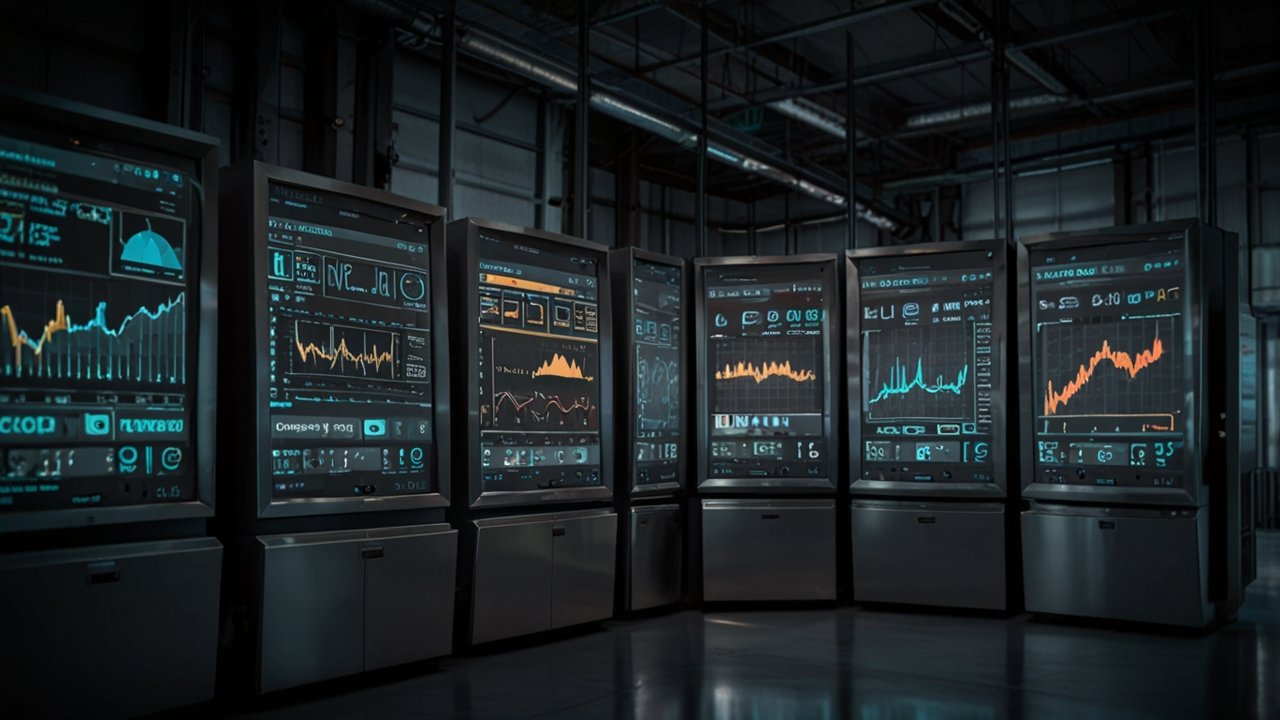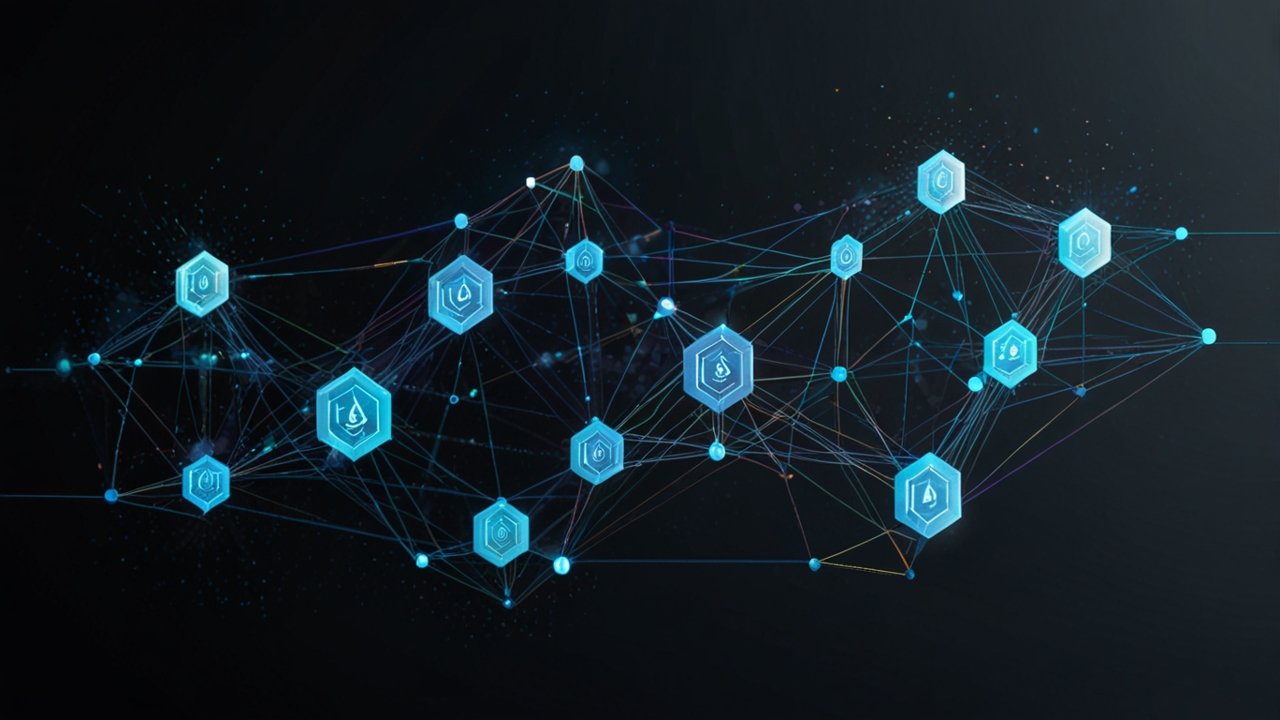Fabelo
/
1842
articles
Social
/
SUPPER CHANGE YOUR PLANNING POWERS
Join our newsletter.
Experience the fusion of imagination and expertise with Études—the catalyst for architectural.
01
Create a free account
02
Write your story

Recommended searches
Top trending

Industry Performance Metrics evaluate operational excellence through comprehensive KPI analysis and benchmark standards that…

Sustainable Tech Products prioritize environmental responsibility through eco-innovation and green design principles that minimize…

Decentralized Cloud Storage provides distributed data solutions through blockchain technology and peer-to-peer systems that…
/
1842
articles
Social
/
SUPPER CHANGE YOUR PLANNING POWERS
Experience the fusion of imagination and expertise with Études—the catalyst for architectural.
01
Create a free account
02
Write your story

376
articles
177
articles
76
articles
57
articles
469
articles
60
articles
224
articles
225
articles
100
articles
78
articles